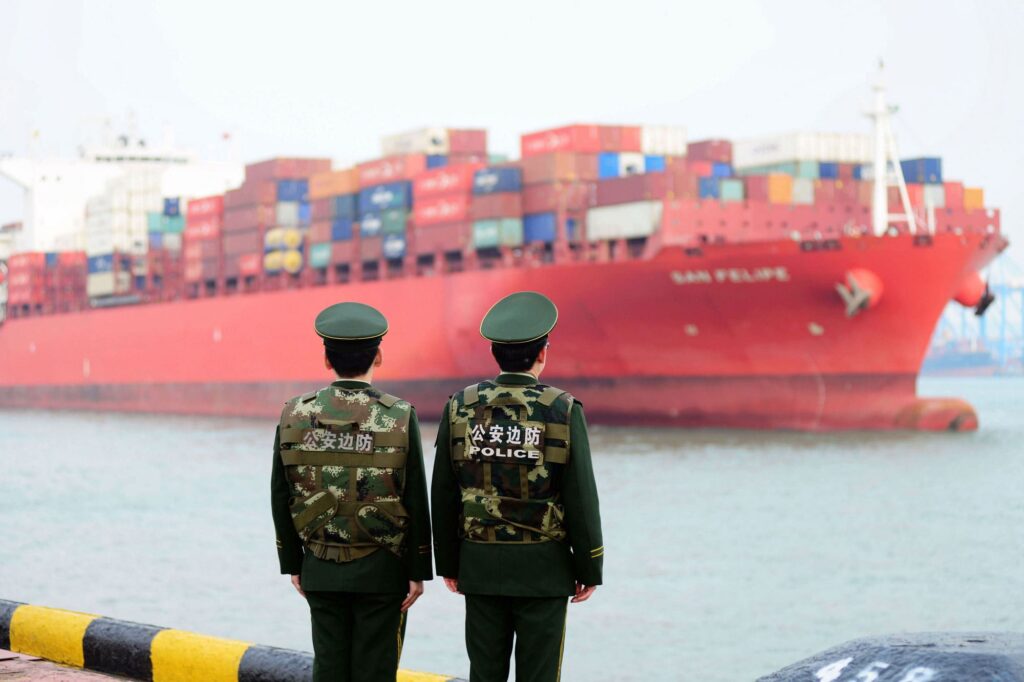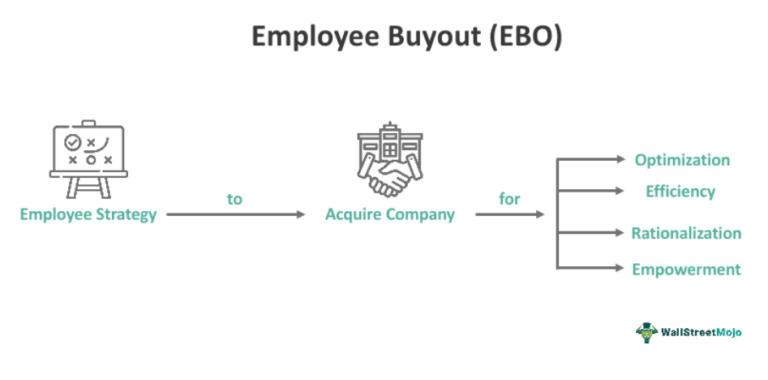
Audience
- Sentiment: Neutral
- Political Group: Republican
- Age Group: 25-54
- Gender: Male
Overview
- President Trump is investigating new reciprocal tariffs to promote balanced trade.
- Tariffs are believed to protect American jobs by making domestic products more competitive.
- Concerns exist about inflation and potential trade wars as a result of the tariff investigations.
Balancing Trade: President Trump’s Investigation into Tariffs
In today’s global economy, the concept of trade might seem a bit dry, but it directly affects our everyday lives. Every time you buy a smartphone, a pair of sneakers, or even a chocolate bar, you’re engaging in trade, whether it’s local or international. Recently, President Donald Trump took significant steps to change how trade works between the U.S. and other countries. Let’s dive into what this means, why it matters, and how it could impact you.
What Are Tariffs and Why Are They Important?
Before we get too far into the details, let’s break down what tariffs are. A tariff is basically a tax that a government places on goods imported from other countries. Imagine you’re selling lemonade at a lemonade stand. If someone from another neighborhood wants to sell their lemonade in your area, you might charge them a small fee (like $1) to compete. That fee makes it a bit harder for them to sell their lemonade, which could help your sales. That’s kind of how tariffs work.
In the global marketplace, countries often use tariffs to protect their own businesses. If a foreign company can sell their products here for less money because they don’t have to pay the same tariffs, American businesses can struggle to keep up. So, placing tariffs can help ensure that local businesses can compete fairly.
Trump’s New Investigation
In his bid to promote balanced trade, Trump initiated investigations into imposing new reciprocal tariffs. This means that he is looking to place tariffs on countries that charge higher taxes on U.S. goods. For example, if India charges a 30% tax on American imported cars, Trump wants to find ways to charge India back, so American cars aren’t at a disadvantage.
This move was, in part, a fulfillment of Trump’s promises during his campaign. He wanted to create fairness in trade and ensure that American businesses aren’t losing out to countries with higher tariffs against our products. Trump believes that this strategy could create new jobs for Americans and strengthen U.S. industries by making it more appealing to buy American-made products.
The Big Picture: Job Creation and Economic Growth
Trump supporters argue that these tariffs are crucial for job creation. If U.S. companies can sell their products more easily without being unfairly undercut, that could lead to more hiring. For instance, imagine a factory in Michigan that produces cars. If that factory faces competition from countries with lower tariffs, they might not sell as many cars, which could lead to layoffs. By implementing tariffs on those countries, the U.S. could help ensure that these factories stay open and keep American workers employed.
However, while this sounds good on paper, it could have some unintended consequences.
Concerns About Inflation
As with many things in economics, there are risks involved. One of the biggest concerns is inflation. When tariffs are imposed, the price of imported goods typically goes up. Imagine if the price of your favorite video game suddenly increased because the company had to pay higher import taxes. That extra cost is usually passed on to consumers like you and me.
If many of the products we buy become more expensive due to tariffs, it could lead to inflation — a situation where the overall level of prices rises. For American households, this increase can burden family budgets, making it harder to afford everyday necessities. Prices of clothing, electronics, and even groceries could spike, forcing families to rethink their budgets.
The Trade War Talks
What’s even more concerning is the possibility of a trade war. A trade war occurs when countries keep raising tariffs on each other in response to previous tariffs. This back-and-forth can escalate quickly. For instance, if the U.S. imposes tariffs on India, India might retaliate by raising tariffs on American goods as well.
This tit-for-tat approach can create uncertainty in the market, and that can be bad for business investment and economic growth. If companies aren’t sure how much they’ll have to pay to import materials or goods, they might hesitate to invest in new projects or hire more workers. This could slow down the economy rather than boost it, which is something no one truly wants.
Financial Markets and Investor Reactions
After Trump’s announcement regarding the tariff investigation, the financial markets initially responded positively. Investors tend to react to news quickly, often looking at the short-term gains rather than the long-term implications. However, analysts cautioned that uncertainty around tariffs could have negative effects on business investment down the line.
Companies depend on stability and predictability to grow. When there’s uncertainty, they might pull back on expansion plans. It’s like a student who’s unsure about the next test; instead of preparing, they might just procrastinate, worrying about failing rather than focusing on success.
What’s Next?
The investigation into these tariffs is expected to yield results soon, by April 1. The question on everyone’s mind is: what will come out of it? Will the U.S. impose new tariffs on countries like India, which has significantly higher tariffs on American imports? And how will that affect our economy and the products we buy every day?
The potential for a trade war might loom large, but it’s essential to remember that decisions in politics often involve balancing different interests. While protecting American jobs is critical, it’s also important to consider how these tariffs can affect everyday Americans.
A Personal Touch
As someone who occasionally browses online stores to find the latest gadgets or to see what the coolest trends are, I can’t help but wonder how these trade decisions will affect me personally. With the potential for rising prices, I might find my favorite pair of sneakers or that new video game just a bit out of reach. As someone who likes to keep up with technology, will I really want to pay an extra $50 for that new phone just because of tariffs?
By thinking about these issues, we can start understanding how our personal choices connect to larger economic policies. It’s easy to feel distant from the decisions made by leaders, but those decisions impact our wallets every single day.
Conclusion
In conclusion, President Trump’s push for reciprocal tariffs is a bold move aimed at ensuring fairness in trade. While the potential benefits, like job creation and protecting American industries, sound appealing, the risks of inflation, trade wars, and economic uncertainty pose significant challenges. As the investigation unfolds over the next few months, we need to stay informed and engaged, understanding how these decisions ultimately affect us as consumers.
So, what do you think? How would you feel if the prices of your favorite products went up because of tariffs? Would you support measures to protect American jobs, or do you think it would be better to keep prices low, even if it means allowing foreign competition? I’d love to hear your thoughts! Comments are welcome below!





